On October 11 and 12, in Da Nang city, the 10th National Interventional Cardiology Scientific Conference took place with the theme "Cardiovascular Intervention in the New Era: Connecting-Sharing-Success".
Professor, Dr. Nguyen Lan Viet, Permanent Vice President of the Vietnam Cardiology Association, shared that interventional cardiology is an increasingly developing field, increasingly proving its important and pioneering role in diagnosing and especially treating complex cardiovascular diseases. Thanks to the remarkable advances in science and technology, cardiovascular intervention techniques are becoming more and more popular, bringing many benefits to patients.
Therefore, the Conference is a forum for sharing experiences and achievements; at the same time, updating the latest knowledge on advanced intervention techniques. This is truly a valuable opportunity for physicians to learn and exchange experiences to improve their professional qualifications, aiming to improve the quality of cardiovascular disease treatment in Vietnam.
The highlight of this year's conference is the advances in complex coronary artery interventions such as common trunk interventions, calcification interventions, interventions using intravascular imaging diagnostics... helping doctors to access complex lesions that previously could only be accessed through open heart surgery or only expected palliative medical treatment.
According to the Organizing Committee's report, at this year's Scientific Conference, there were more than 200 speakers who were leading experts in the field of cardiovascular medicine domestically and internationally, with more than 50 scientific sessions organized in diverse and specific forms in the field of interventional cardiology. In addition to the scientific seminars presenting an overview of updated topics, a series of specialized sessions such as: live broadcasts of complex cardiovascular interventions from a number of cardiovascular centers across the country; multi-dimensional discussions based on specific clinical situations; sessions guiding new technical practices... were focused on towards clinical practice.
The highlight of this year’s conference is the advancements in complex coronary artery interventions such as common trunk interventions, calcification interventions, interventions using intravascular imaging diagnostics, etc., which help doctors access complex lesions that previously could only be accessed through open heart surgery or only expect palliative medical treatment. The trend of a multimodal, multidisciplinary approach, with the patient at the center, is emphasized in many areas of cardiovascular disease intervention, bringing the highest benefits to patients.
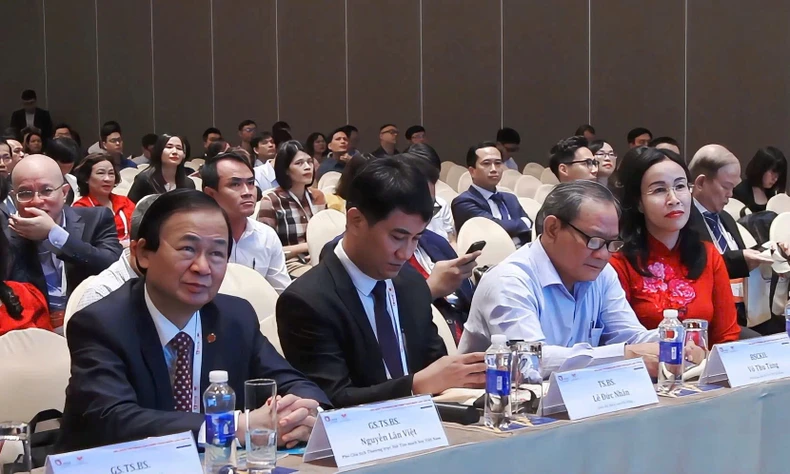 |
Delegates attending the conference. |
This year, the issues of intervention in structural heart disease were mentioned a lot and this is also the future trend. Techniques such as heart valve intervention, valve replacement, and transcatheter heart valve repair are typical examples.
Since 1977, when Dr. Gruntzig (Switzerland) performed the first coronary artery intervention, a new era in the treatment of cardiovascular diseases has opened, which is interventional cardiology. After nearly 50 years, interventional cardiology has become a leading specialty in the treatment of cardiovascular diseases and has made many continuous advances.
With the philosophy of minimally invasive approach, usually through puncture of blood vessels to bring devices and instruments to the heart or blood vessels to intervene and repair cardiovascular diseases is the core spirit of this specialty. Interventional cardiology not only intervenes in coronary artery diseases, contributing to saving the lives of many patients, but also expands to many other cardiovascular diseases such as large blood vessel diseases, arrhythmias, especially intervention in structural heart diseases (including heart valve diseases, congenital heart disease, myocardial disease, etc.).
In recent years, the cardiovascular field in Vietnam in general and interventional cardiology in particular have made great strides, deeply integrating with the world and successfully applying many advanced techniques, comparable to developed countries in the region and globally. All cardiovascular diseases can be diagnosed and treated quickly and effectively in the country. This has given patients the opportunity to access modern scientific achievements right in Vietnam without having to go abroad.
Since the first coronary artery intervention performed at the Vietnam Heart Institute (in 1995), the country has now had more than 140 cardiovascular intervention units with a team of nearly 500 interventional doctors. Most provinces and cities have had cardiovascular intervention and patients have benefited locally, especially patients with acute myocardial infarction who have received timely, on-site intervention. Doctors have quickly accessed, applied and developed advanced techniques in this field in the world in Vietnam.
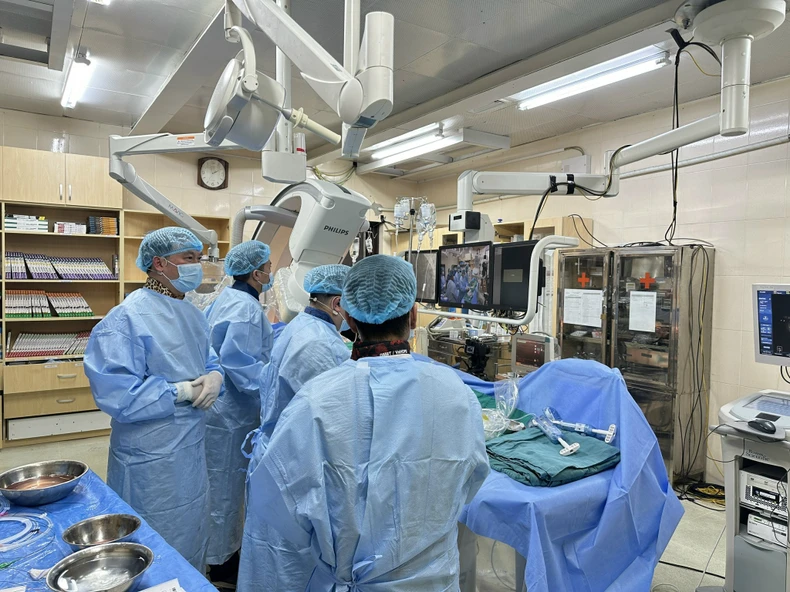 |
A cardiovascular intervention at the National Heart Institute. |
In the past 2 years, the number of cases requiring cardiovascular intervention in Vietnam has increased by nearly 20% compared to previous years, especially cases of acute myocardial infarction and coronary artery disease. Currently, it is estimated that more than 1.3 million Vietnamese people live with coronary artery disease, and each year, nearly 100,000 patients undergo interventional cardiovascular procedures, including 40 to 50,000 coronary stent interventions. In addition, the number of patients undergoing intervention for other cardiovascular diseases has also increased rapidly, such as rhythm intervention, intervention for structural heart disease, intervention for large blood vessels and peripheral blood vessels, etc.
Notably, there are 6 centers in Vietnam that have been internationally certified as independent centers for transcatheter aortic valve replacement, of which 2 centers have become training centers for this technique. This also demonstrates the strong integration and development of interventional cardiology in our country.
However, we still have certain challenges and gaps between central and local levels as well as gaps with advanced healthcare systems in the context of rapidly advancing science. To continuously improve the quality of cardiovascular health care, doctors need to continuously learn and gain valuable experience from developed countries, update and apply the latest medical advances, and share experiences with domestic and international colleagues. And scientific associations are one of the very good opportunities to do that.
Source: https://nhandan.vn/cap-nhat-nhung-tien-bo-moi-trong-linh-vuc-can-thiep-tim-mach-post836262.html





![[Photo] General Secretary To Lam attends the 80th Anniversary of the Cultural Sector's Traditional Day](https://vstatic.vietnam.vn/vietnam/resource/IMAGE/2025/8/23/7a88e6b58502490aa153adf8f0eec2b2)

![[Photo] Prime Minister Pham Minh Chinh chairs the meeting of the Government Party Committee Standing Committee](https://vstatic.vietnam.vn/vietnam/resource/IMAGE/2025/8/23/8e94aa3d26424d1ab1528c3e4bbacc45)










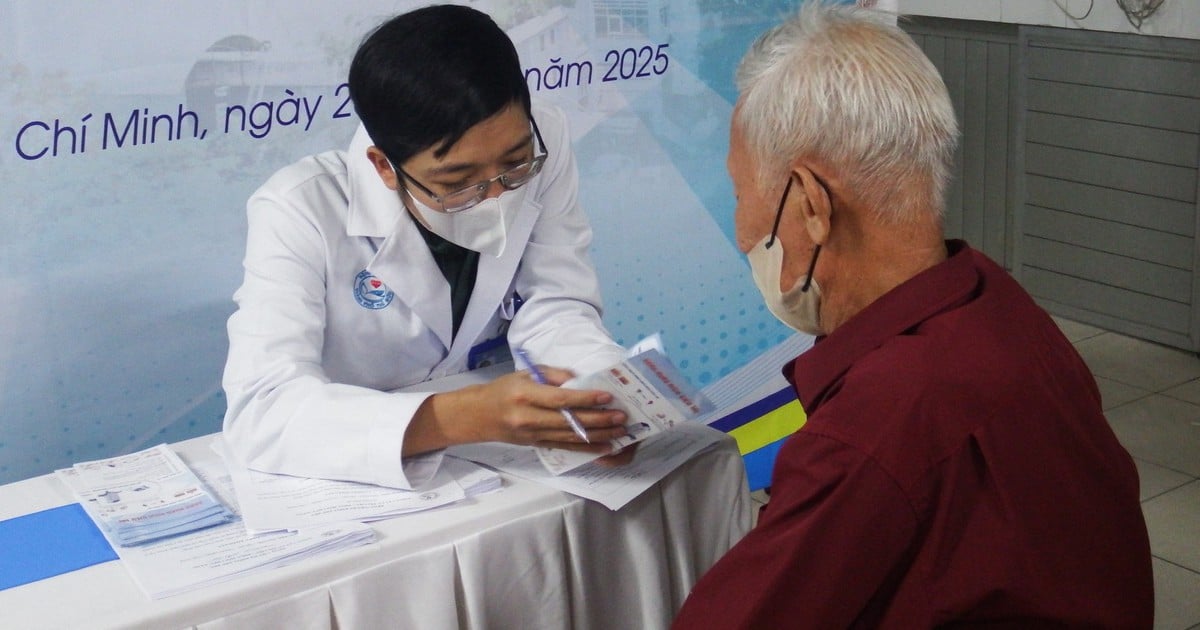
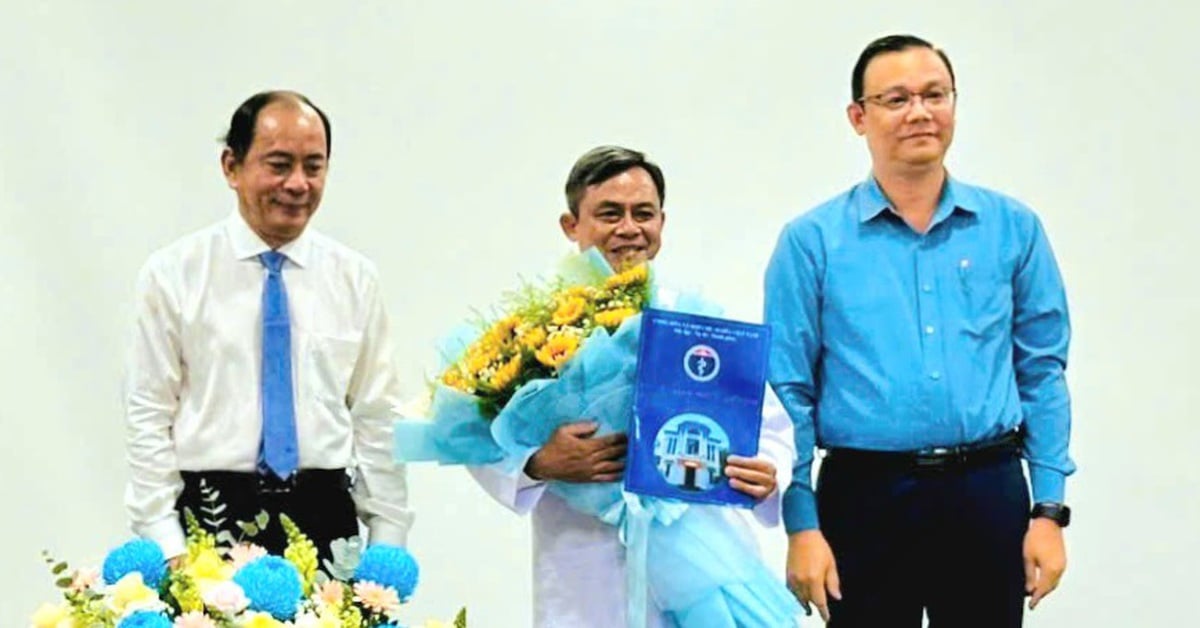

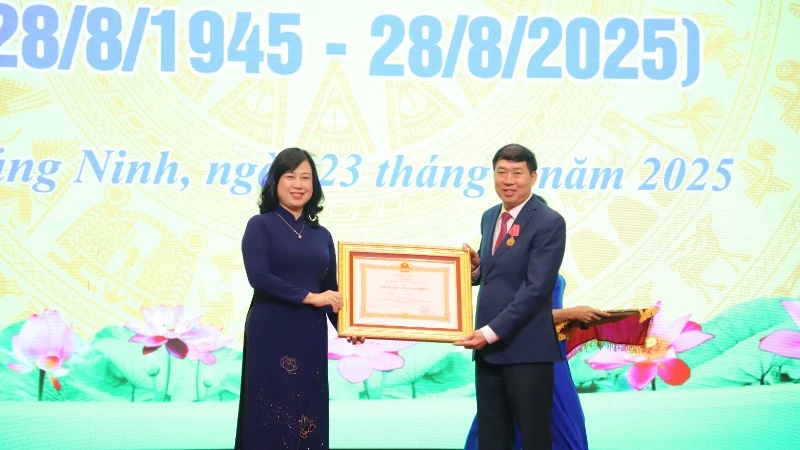
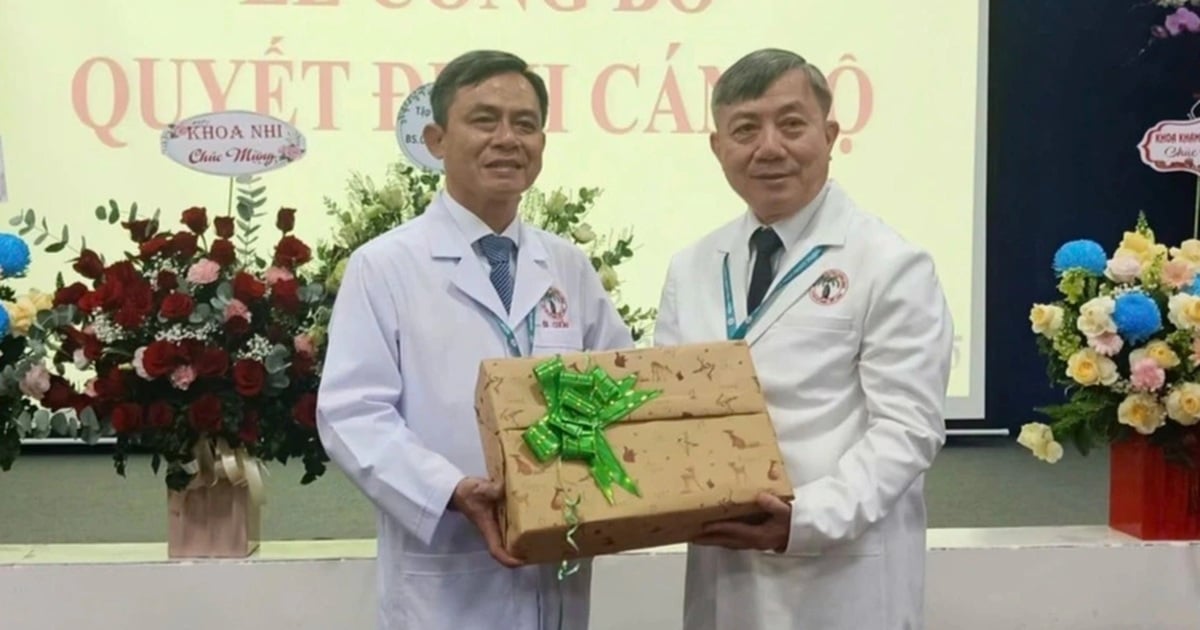





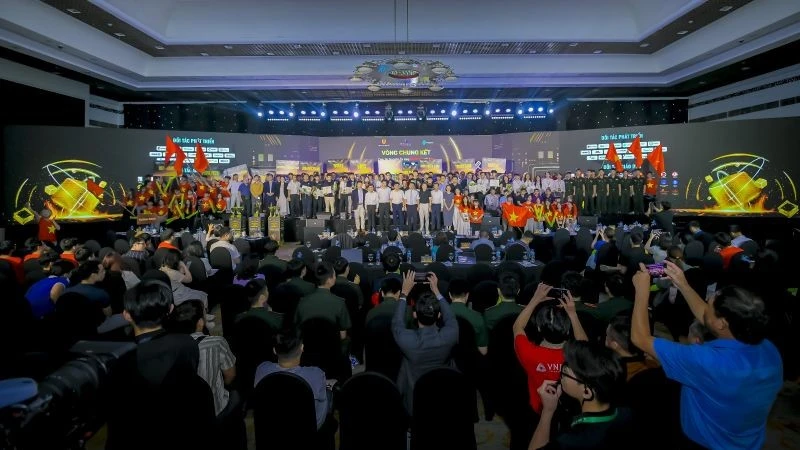
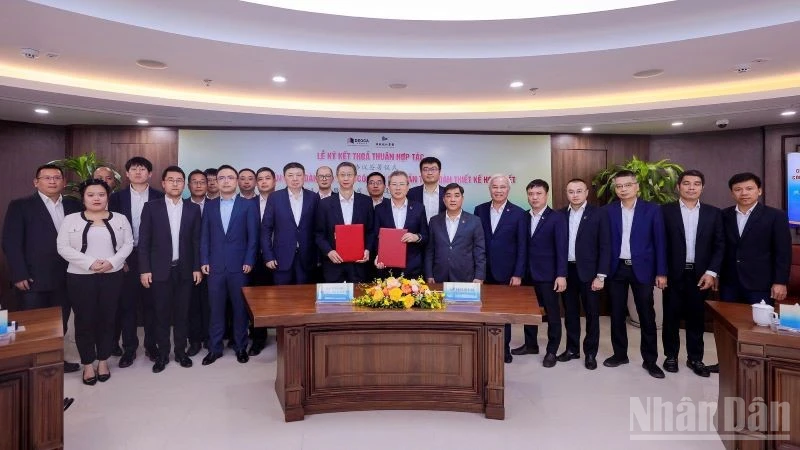
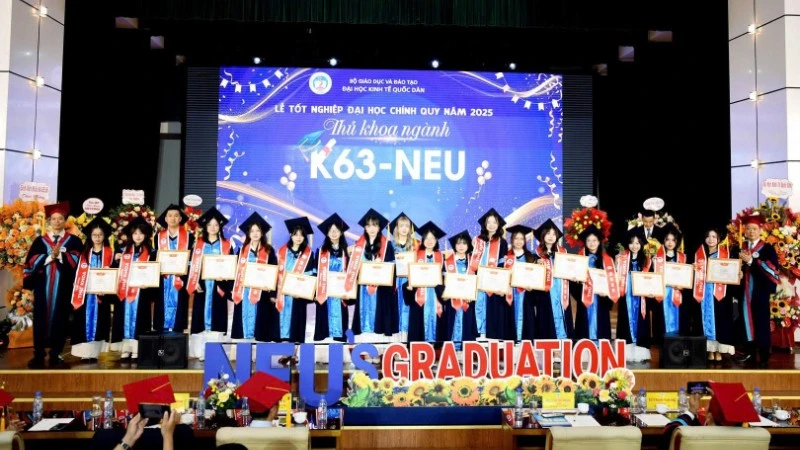

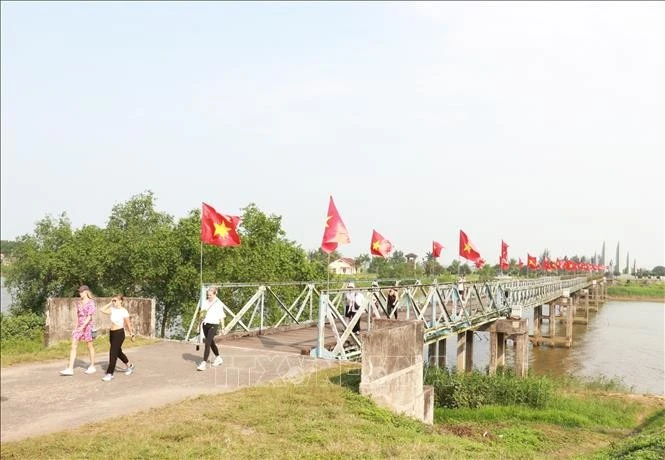















































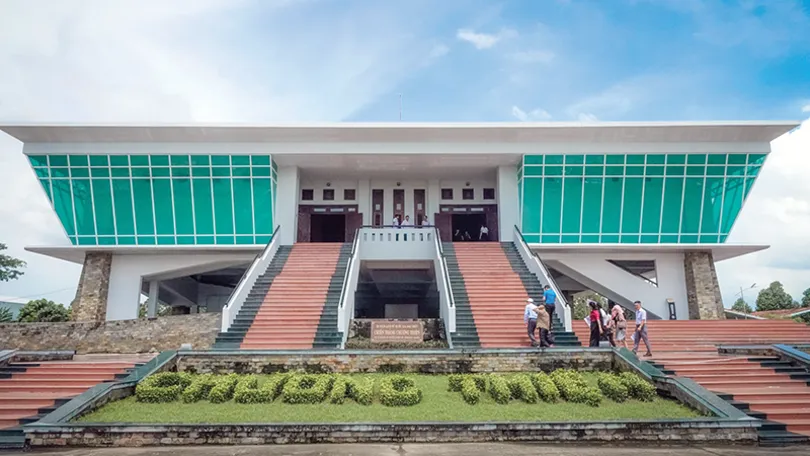


















Comment (0)